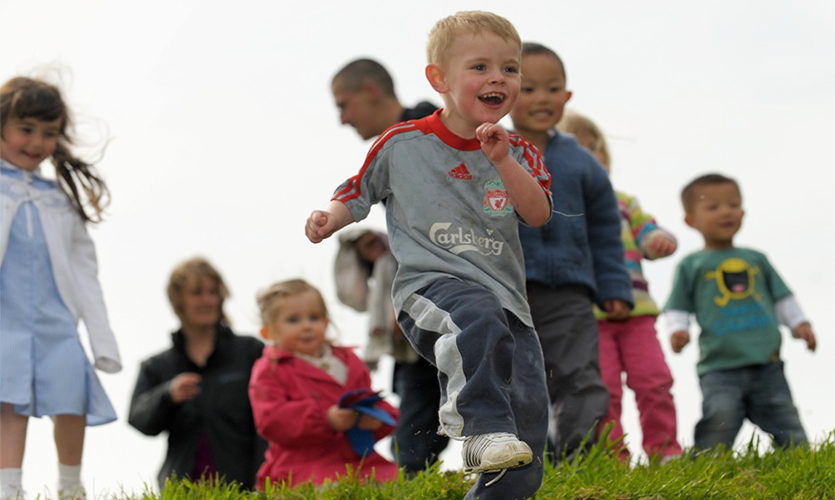LJMU leads global pilot scheme to create active cities improving health and well-being in urban areas

The Global Active City programme was announced today (Tuesday, 3 October 2017) by the Active Well-being Initiative (AWI) at the Smart Cities & Sport Summit organised by the World Union of Olympic Cities in Montréal.
Cities across the world are being urged to sign up to the scheme to promote health and physical activity amongst residents with the aim of improving well-being among the world’s growing urban population.
Ten pilot cities including Liverpool, Buenos Aires, Gaborone, Karşiyaka, Lausanne, Lillehammer, Ljubljana, Port Moresby, Richmond and Tampere have been chosen to test the Global Active City model.
John Marsden, former Head of Liverpool Active City, has been seconded by Liverpool City Council to Liverpool John Moores University (LJMU) and the AWI to share his knowledge and experience with other cities.
John said: “The City of Liverpool is delighted to be an advisory city for the Active Well-being Initiative. We launched our first Active City model in 2005 and have enjoyed numerous benefits from its joined-up approach. When we started, fewer than one person in five exercised for at least 30 minutes, three times a week. We have seen such dramatic changes that our new target is to become the most active city in England by 2021.”
Liverpool Active City is the Physical Activity and Sport Strategy (PAS Strategy) for Liverpool.
It includes walk to school week, forest schools, a cycle hire scheme to provide 1,000 bikes to hire at stations across the city and the Us Girls Alive project to develop women and girls with health and social problems into peer mentors.
Non-communicable diseases such as cancers, cardiovascular diseases and type 2 diabetes kill around 3,800 people in Liverpool each year, equivalent to 86% of all deaths in the city.
The Active City programme aims to reduce the need for medical assistance, enable people to live at home for longer and improve relationships within communities.
It has involved research and support from the LJMU Physical Activity Exchange based at the world-leading Research Institute for Sport and Exercise Sciences (RISES) which celebrates its 20th anniversary this year and is the top UK institution for research quality in sport and exercise sciences.
The scheme is now being rolled out worldwide, with all cities invited to join the initiative and eventually to become a Global Active City.
International Olympic Committee (IOC) Director of Corporate Development, Brand and Sustainability Marie Sallois Dembreville said: “The Active Well-being Initiative is a powerful solution for cities to promote active and healthy living. It clearly demonstrates a city’s achievements in creating lasting social benefits through sports.”
LJMU Vice-Chancellor Professor Nigel Weatherill added: "Liverpool John Moores is a pioneering modern civic university with a strategic plan promoting global engagement and the development of ideas and action to meet the important social, health and environmental challenges of the 21st century.
As a university, we are pleased to be able to support and contribute to the Active Well-Being Initiative and the Global City Network. Our Physical Activity Exchange staff have worked to provide unique and important evaluations and evidence-based interventions within Liverpool and are now sharing their knowledge and experience with our global partners and the cities of the world.
Making our cities healthier places to live with a more active populace is a vital step forward in addressing the twin challenges of growing urbanisation and physical inactivity."
Follow the Active Well-being Initiative on Twitter @AWBInitiative


